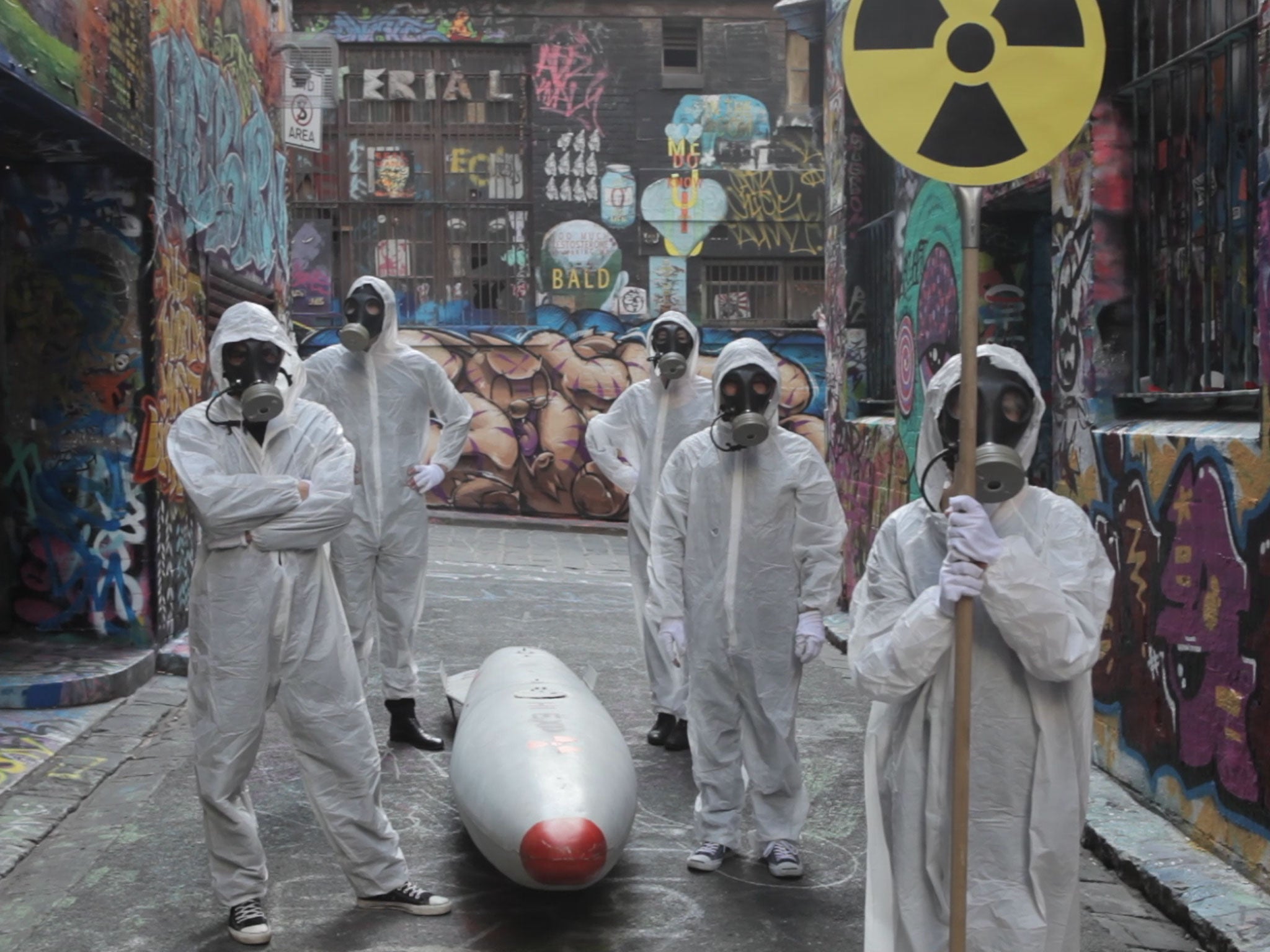What is Ican? What do they do and why did they win the 2017 Nobel Peace Prize?
Anti-nuclear weapons campaign group says the 'spectre of nuclear conflict looms large' after winning Nobel prize

The Nobel Peace Prize 2017 has been awarded to the International Campaign to Abolish Nuclear Weapons.
The group - known by its acronym Ican - is a coalition working to mobilise people in countries around the world to pressure governments to ban nuclear weapons.
Inspired by the progress in banning the use of land mines, Ican was first formed in Australia but officially launched in Austria in 2007. It now operates in 101 countries.
With the support of high profile figures including the former UN secretary general, Ban Ki-moon, Ican has campaigned for the establishment of a special UN working group on advancing nuclear disarmament.
The biggest milestone in the history of Ican came this year with the adoption by 122 countries of the 2017 Treaty on the Prohibition of Nuclear Weapons.
The treaty was hailed as the result of collective efforts by Ican alongside the Red Cross, UN agencies and individual countries.
It is hoped the treaty, which prohibits states from developing, testing, producing, manufacturing, acquiring, possessing, or stockpiling nuclear weapons, will lead to the elimination of all nuclear arms.
The Norwegian Nobel Committee announced Ican was awarded the peace prize for its work “to draw attention to the catastrophic humanitarian consequences of any use of nuclear weapons and for its ground-breaking efforts to achieve a treaty-based prohibition of such weapons”.

Commenting on their win, Ican said: “This is a time of great global tension, when fiery rhetoric could all too easily lead us, inexorably, to unspeakable horror. The spectre of nuclear conflict looms large once more.
“If ever there were a moment for nations to declare their unequivocal opposition to nuclear weapons, that moment is now.
“We applaud those nations that have already signed and ratified the Treaty on the Prohibition of Nuclear Weapons, and we urge all others to follow their lead.
“It offers a pathway forward at a time of alarming crisis. Disarmament is not a pipe dream, but an urgent humanitarian necessity.”
Join our commenting forum
Join thought-provoking conversations, follow other Independent readers and see their replies
Comments
Bookmark popover
Removed from bookmarks